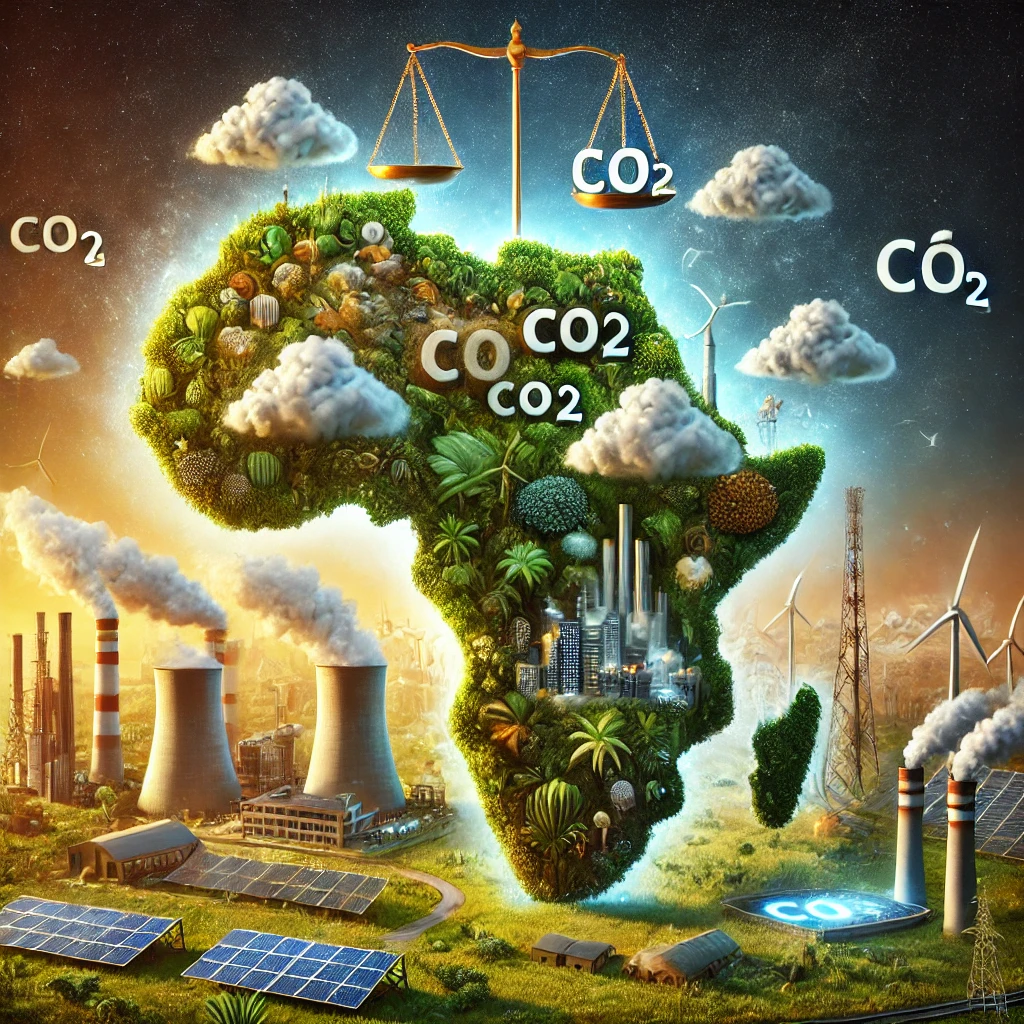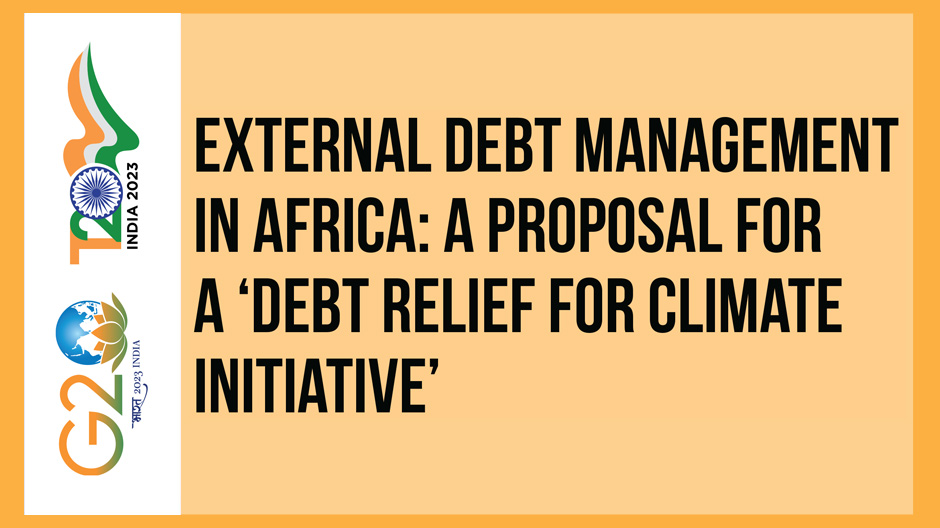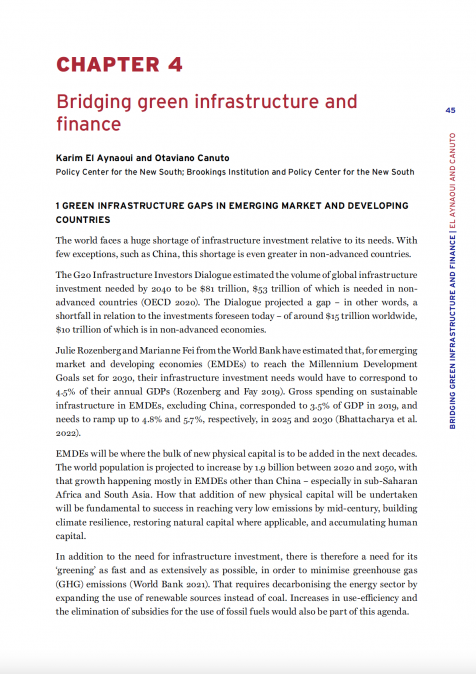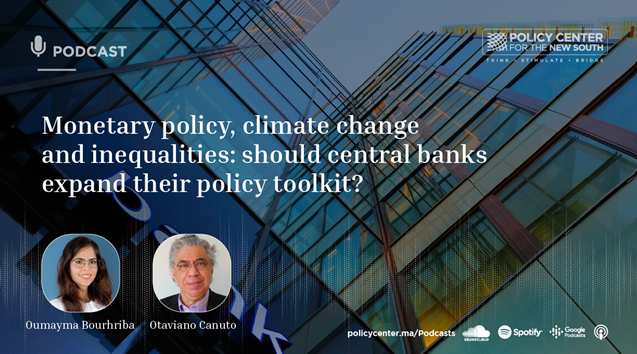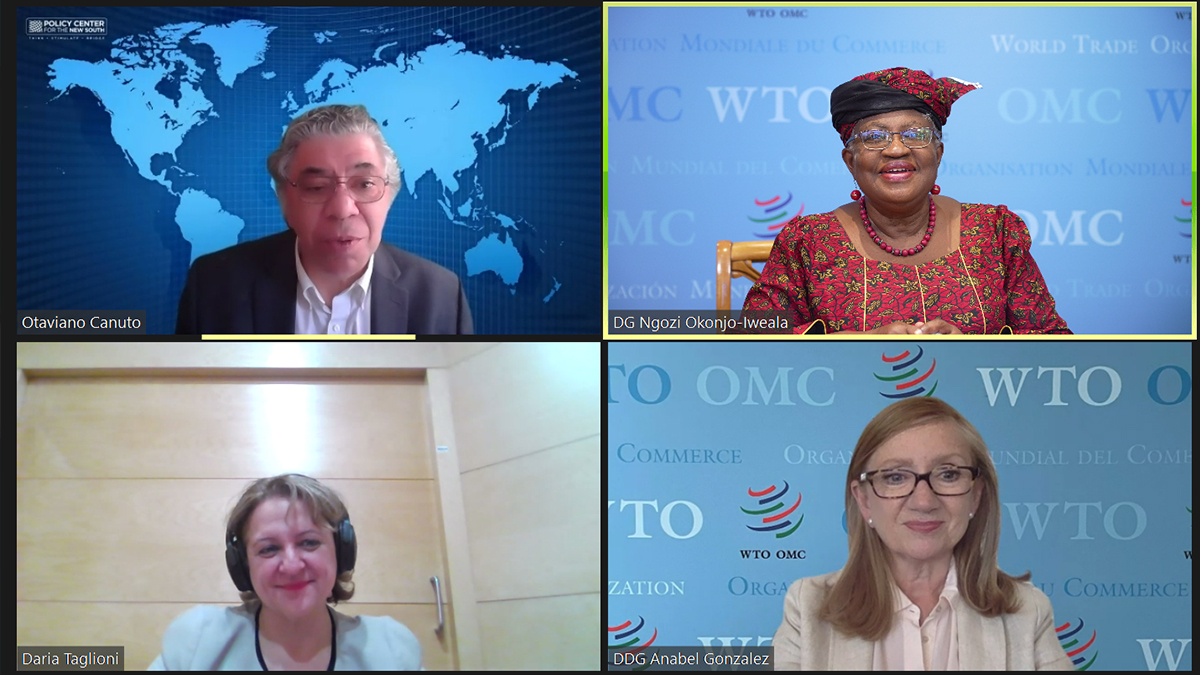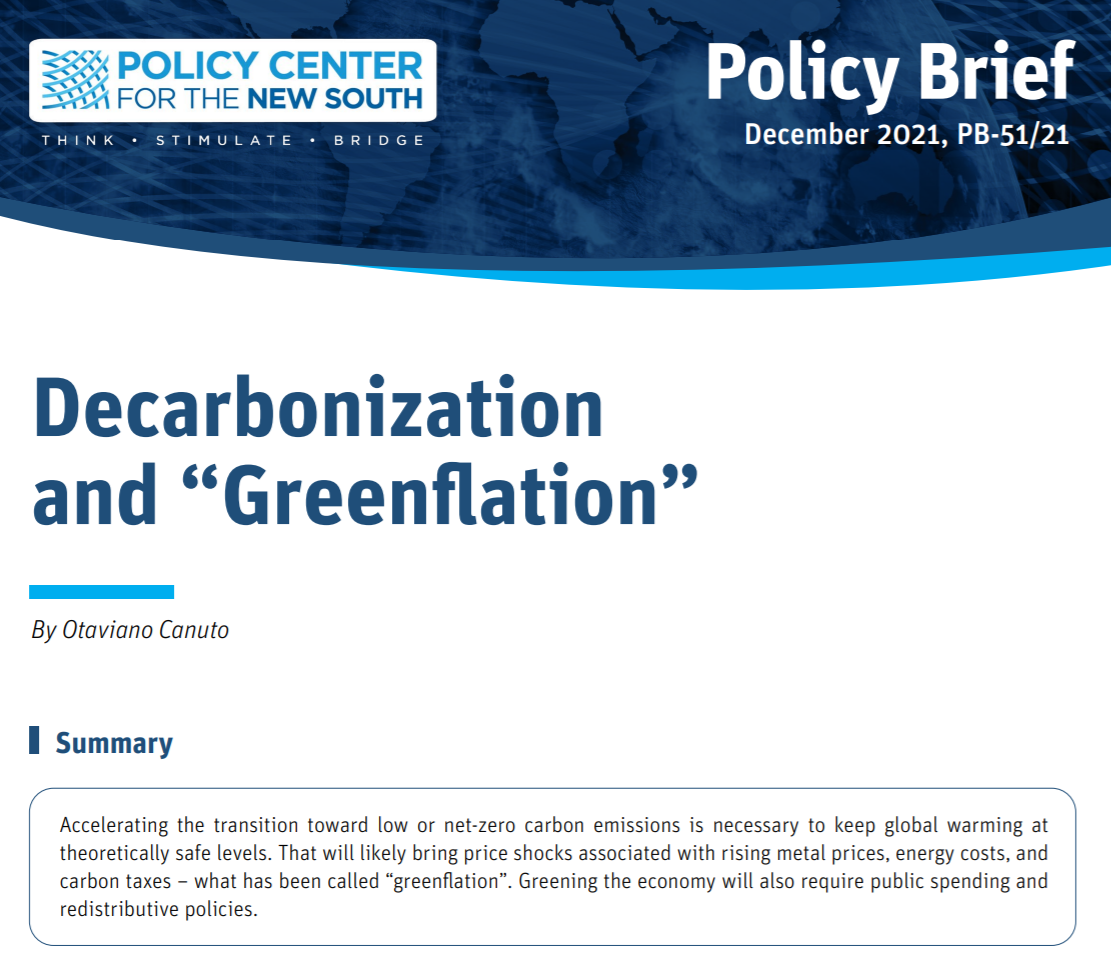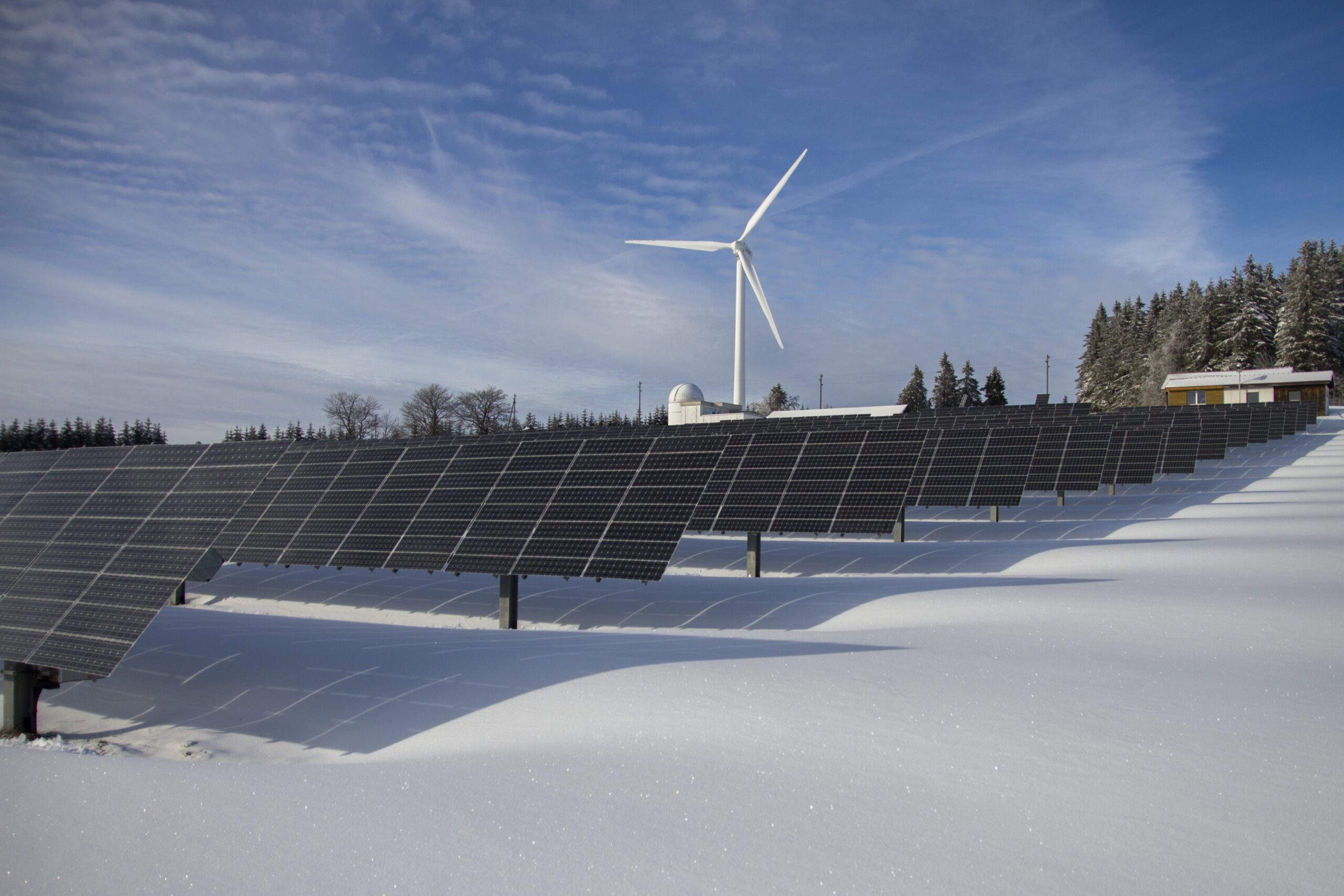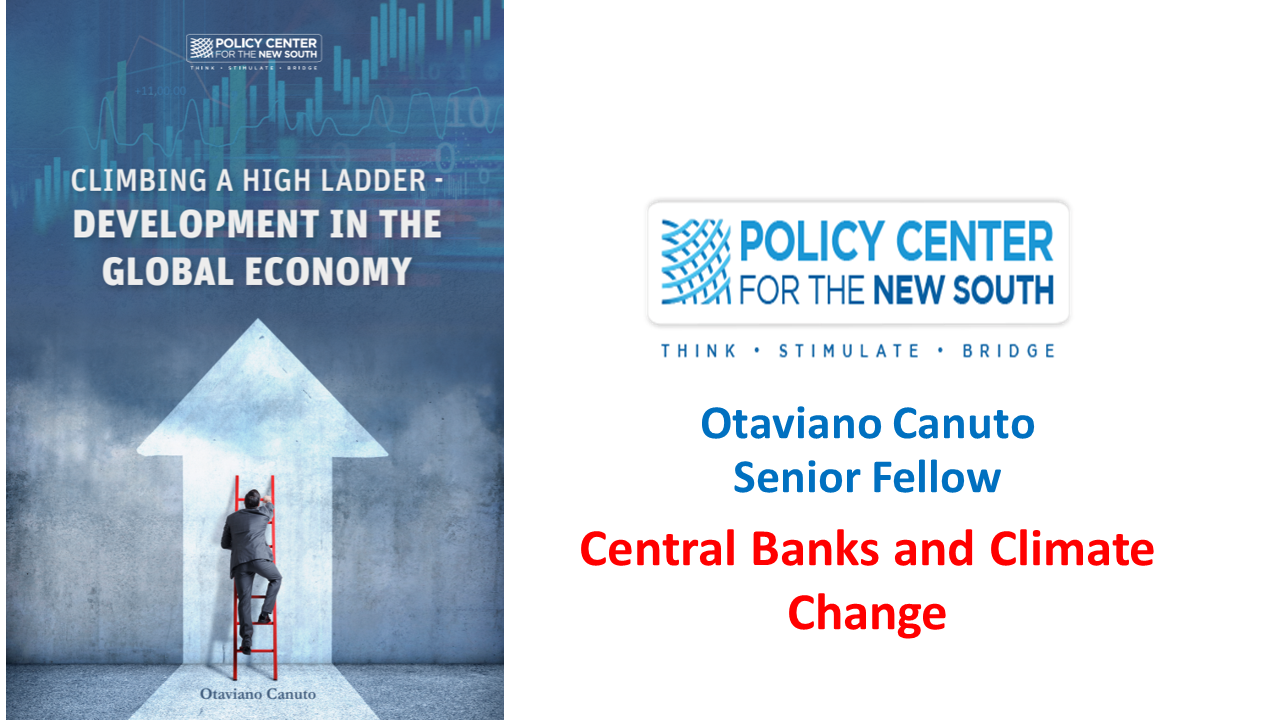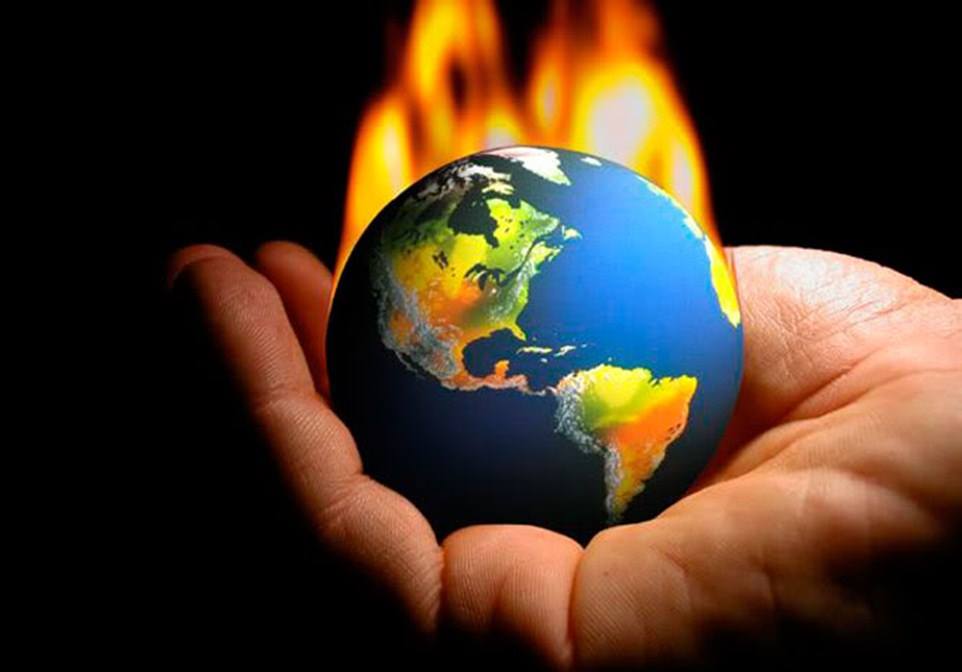A decade of poor growth, increased poverty, and political instability followed the serious debt difficulties that emerged worldwide in the 1980s. There are concerns that the looming debt crisis could create similar challenges and result in even more severe consequences. However, the current economic climate differs in many ways from that of the 1980s, when international banks and Paris Club creditors held most of the external debt. Today, the profile of creditors is more diverse, and the mechanisms established by the G20 and multilateral development banks to address this new crisis are partly based on outdated approaches that are no longer effective in adapting to new realities.
As a result, a more holistic and integrated approach is required to address the challenges of external debt faced by developing countries, particularly in Africa. Such an approach should take into account the issue of over-indebtedness while also addressing climate protection, the most pressing issue of the 21st century. A promising solution to tackling these challenges could be a new debt reduction initiative focused on climate action. This policy brief recommends a ‘Debt Relief for Climate Initiative’ that will link debt reduction with investments in climate adaptation and mitigation projects.

